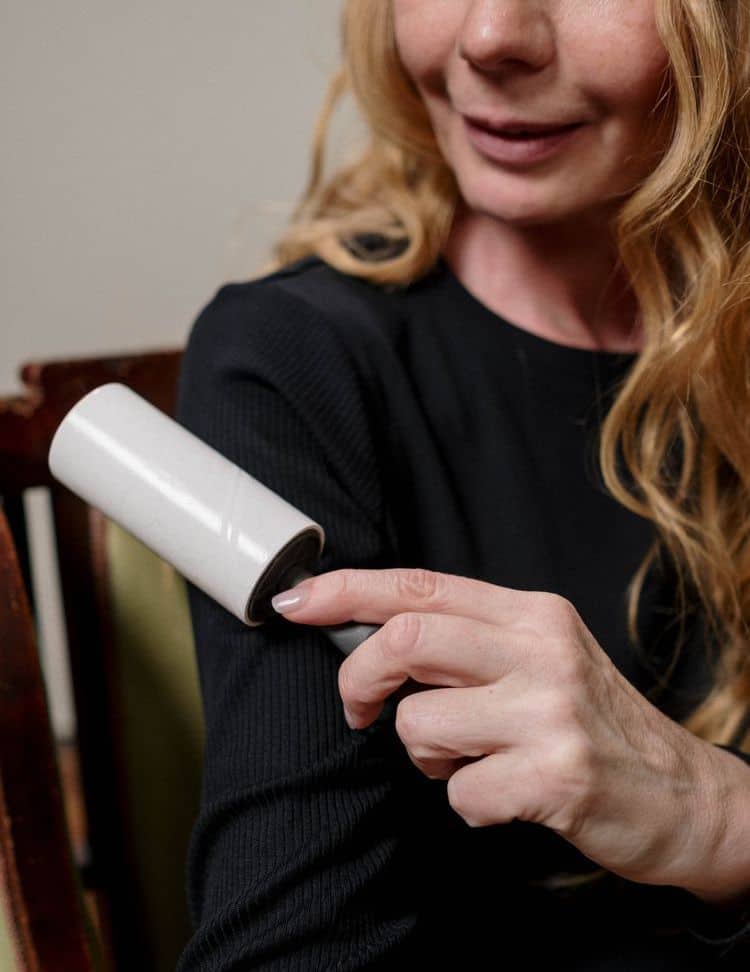Uncontrollable recurrent thoughts and compulsive actions are hallmarks of obsessive-compulsive disorder (OCD), a mental health disease. OCD sufferers find its symptoms ranging from moderate to severe and upsetting. Efficient alternative therapy for OCD is transcranial magnetic stimulation (TMS).
According to research and experts, transcranial magnetic stimulation (TMS), an alternative therapy, may be able to help people treat or control their OCD symptoms.
Related article : TMS for Depression
What Are the Signs of OCD?
OCD victims frequently participate in ritualistic actions that can also disturb others because of the obsessive thoughts that go along with the disorder. These compulsions may seem to alleviate the underlying anxiety by taking its place momentarily, but with time, obsessive behavior might start to cause anxiety.
Someone you love might display the typical OCD patterns. They might, for instance, be obsessively fixated on how objects are arranged, such as in a symmetrical pattern. Any changes make the person extremely worried, irritated, and even angry.
Another illustration is when a person severely fears contamination or germs. They could take extreme measures to keep themselves clean and frequently wash their hands compulsively. The following symptoms are typical of OCD:
Overthinking
Overthinking is a typical symptom of Obsessive Compulsive Disorder and a distinguishable characteristic. We spend a lot of time thinking, and impulsive behavior is challenging to control.
You desire that new garment, but you carefully consider all your options before purchasing it. You want to communicate with someone but ultimately decide against it because you have talked yourself out. You often get nervous on the spur of the moment because you must always consult everyone and everything before taking any action.

Superstitious Beliefs
Just like repetitive behaviors, having some superstitious beliefs does not automatically lead to OCD. However, it could be a sign of compulsion or obsession. Everyone has obsessions and compulsions, but the scary part comes when you factor in disorders. Compulsions and superstitions often go along, but something is wrong when one dominates the other.
Superstitions can range from being humorous to having disastrous results in relationships, athletics, or other areas if you have faith. For good luck, some sportsmen wear matching socks or wristbands. You become more prone to the disease as you accept more superstitions. Some people with OCD find it impossible to enter a home with a hardwood floor since it is nearly impossible to avoid every crack.
Repetition
This is when you always have to start over, whether it’s a small or big job. It might be doing something as simple as tying your shoes, putting goods away, typing, reading, speaking, or closing a door. Perhaps you undid it so that you could try again.
The worst-case scenario is repeating a task because of an irrelevant notion. You now link that thinking to the task and think about what will happen if it is redone incorrectly or without thought. Even at first, this can go unnoticed.
For example, you might tie a shoe, take it off, and tie it again due to an odd habit that you aren’t fully aware of yet. You finally realize that you are trying to avoid thinking while performing simple actions like tying something entirely. Whatever was going through your mind was woven into the thing being tied. When adhesion forms, the desire to avoid locking in a negative notion becomes compulsive.
TMS Therapy for OCD
TMS therapy is a non-invasive procedure that stimulates specific brain areas with magnetic fields. It is a novel OCD treatment that has shown considerable potential in preliminary research. This treatment’s process is pretty straightforward. Your doctor or other healthcare professional will first put a device on your scalp. Then, magnetic pulses are sent from the device to the part of your brain that controls your obsessive-compulsive habits. The simulations are usually performed five days a week for 30 minutes each day for four to six weeks.
An experienced specialist performs the procedure, which takes place in an outpatient setting. One of the reasons this medication is so promising is because it has no adverse effects. You might think you have OCD or a loved one is exhibiting symptoms, but only a medical professional can diagnose mental health issues correctly. Self-diagnosis is never advised.
Our TMS therapy team is led by psychiatric nurse providers who are fully licensed and insured. Our advanced treatments are highly effective options for severe symptoms, and we strive to develop specialized treatment plans to help you find the best solution for you.



